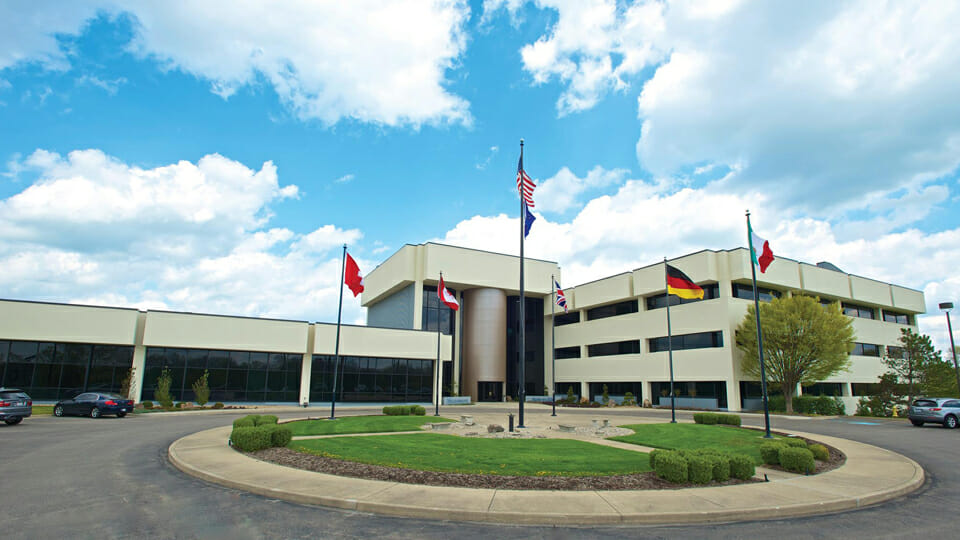Hillenbrand inspired by global recycling competition
Subscriber Benefit
As a subscriber you can listen to articles at work, in the car, or while you work out. Subscribe Now
A startup based in India that wants to turn discarded potato chip bags into recycled sunglasses earned top honors in the inaugural Circular Plastics Case Competition, hosted by Batesville-based Hillenbrand Inc. (NYSE: HI) and The Coca-Cola Co. (NYSE: KO). Ashaya is a social enterprise that is looking for ways to re-use post-consumer metalized multi-layered plastic packaging, the least recycled type of plastic waste.
Competitors were challenged to develop unique and creative solutions to drive sustainability in the plastics value chain.
“With sustainability in mind, we created this competition to encourage the next generation to think outside the box and develop solutions that support a circular plastics economy,” said Hillenbrand President and CEO Kim Ryan. “Plastics remain indispensable to our economy and have a place in our future, so it is critical to remain focused on what can be done to advance sustainability within the plastics value chain. Because our equipment is used by the plastics and recycling industries, we can play an active role in being part of the solution.”
The event attracted more than 50 submissions and contestants from 10 different countries, representing teams composed of undergraduate students, graduate students, and professionals. Participants were challenged to design solutions that would help keep plastics in the economy and out of the environment.
As the first-place team, Ashaya took home a $10,000 prize. The startup aims to increase the value of waste through technological and scientific innovations in recycling, but its website admits they have not been able to produce sunglasses with their technology, but “we are getting closer.”
Second place went to Tanzania-based startup Vendify. The company uses solar-powered vending stations to offer in-demand consumer products such as cooking oil and liquid soap in exchange for plastic waste.
An early-stage business in Spain came in third place. Its business model would employ vending machines in grocery stores across Spain to eliminate unrecyclable toilet paper plastic packaging.
“I am amazed by the innovation and ingenuity of the participants, and I am inspired to see so many individuals take action to help solve one of today’s most pressing challenges,” said Ryan.
Hillenbrand says it plans to continue the partnership with California-based nonprofit Net Impact to spur innovation and interest in a circular economy with the next generation.
